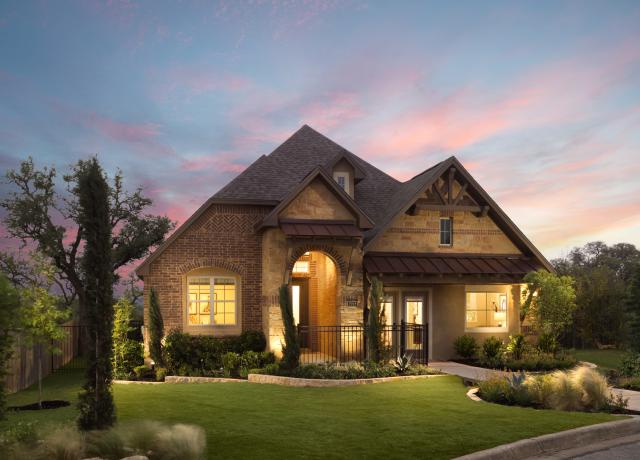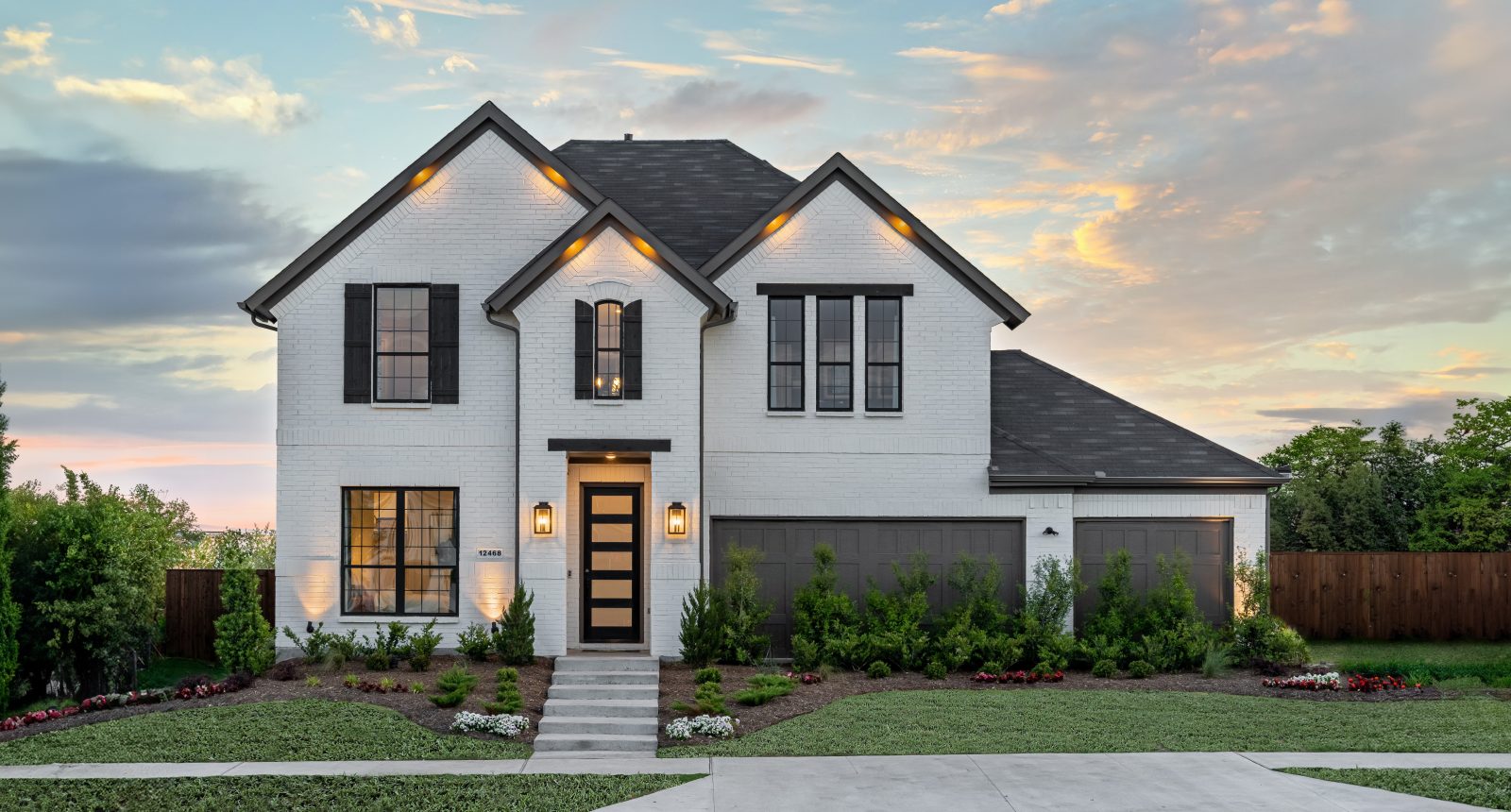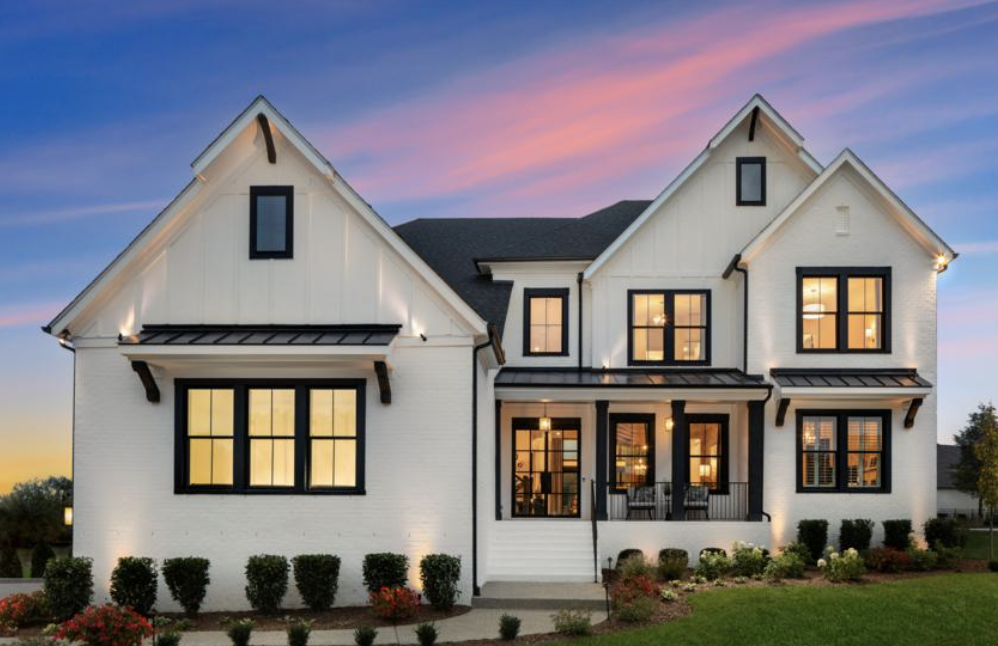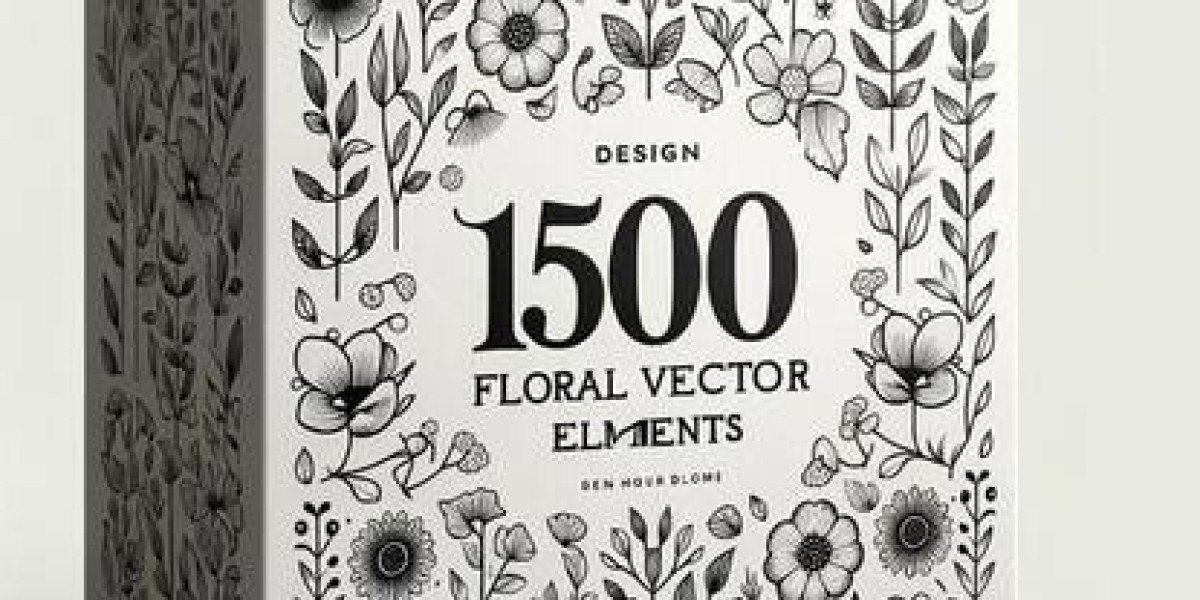
Leasehold and freehold are 2 typical terms used in the residential or commercial property market. While they may sound comparable, they have unique meanings and implications for residential or commercial property ownership.

Understanding the distinctions in between freehold vs. leasehold is essential for investors to make informed choices. Drawing on our substantial experience in residential or commercial property investment, we dive into the essential distinctions in ownership rights, continuous expenses, control and flexibility.
Freehold Vs Leasehold Meaning
Freehold ownership grants the holder absolute and continuous ownership of the residential or commercial property, encompassing both the building and the land it stands upon. Freehold ownership is usually related to separated houses and some semi-detached houses.
Leasehold indicates leasing a residential or commercial property for a set period. The leaseholder efficiently pays for the right to inhabit the residential or commercial property, but they do not own the hidden land. This means that the leaseholder may have to pay ground lease to the freeholder, who owns the land. Additionally, the leaseholder might undergo numerous limitations imposed by the freeholder, such as restrictions on alterations or pet ownership. Leasehold ownership is generally the case when purchasing an apartment or flat in the UK. In total, there have to do with 5 million leasehold homes in the UK.
The Length Of Time Can A Lease Be?

Leasehold residential or commercial properties normally have a set regard to 99 or 125 years, however leases can range from 21 years to 999 years. The freeholder typically identifies the length of the lease, and there are no strict minimum or optimum limits. However, shorter leasehold residential or commercial properties are often less desirable and might command a lower resale worth due to the unpredictability associated with a much shorter term.
Here's a breakdown of normal lease lengths:
99 years: This is the most common lease term for leasehold residential or commercial properties. It supplies a balance between affordability and flexibility, and it is normally thought about a long-term financial investment.
125 years: This lease term uses greater security and potential for resale worth than 99-year leases. However, it is likewise related to greater initial purchase costs.
21 to 999 years: Lease lengths outside the 99-year and 125-year range are less common, but they do exist.
Advantages of a Leasehold Residential Or Commercial Property for Investors
The flexibility benefits of leasehold residential or commercial properties are often overshadowed by the viewed benefits of freehold ownership. However, for particular types of investors and residential or commercial property uses, leasehold plans can provide special benefits in terms of flexibility and adaptability.
Diversification of Investment Portfolio: Leasehold residential or commercial properties can offer diversification within a financial investment portfolio, supplying direct exposure to a different set of threats and chances compared to freehold ownership. This diversity can assist to reduce general portfolio threat and potentially improve returns.
Lower Initial Investment Costs: Leasehold residential or commercial properties generally have lower upfront costs compared to freehold residential or commercial properties. This lower initial financial investment can be especially interesting financiers with restricted capital or those looking for to go into the residential or commercial property market with a smaller sized financial dedication.
Reduced Maintenance and Repair Responsibilities: Leaseholders are normally not accountable for the significant repair and maintenance of the building's structure or typical areas. These costs are typically spent for by the freeholder, who is responsible for preserving the general residential or commercial property. This can be a significant advantage for investors who do not have the time, proficiency, or resources to manage these elements of residential or commercial property ownership.
Disadvantages of a Leasehold Residential Or Commercial Property for Investors
Lease Extension Challenges: Extending a lease once it nears expiry can be pricey and involve complex negotiations with the freeholder.
Restrictions on Letting: Some lease contracts may have clauses limiting how you can let out the residential or commercial property, impacting your rental earnings capacity.
Advantages of a Freehold Vs Leasehold Residential Or Commercial Property for Investors

Stability and Security: Freehold vs. leasehold ownership provides a sense of stability and security that leasehold residential or commercial properties can not match. The absence of leasehold restrictions and the permanence of ownership offer assurance for financiers, ensuring that they have long-term control over their residential or commercial property possessions.
Enhanced Borrowing Capacity: Freehold residential or commercial properties may supply greater borrowing capability for financiers when looking for financing for residential or commercial property acquisitions or renovations. Lenders typically see freehold ownership as a more safe and secure form of collateral, potentially resulting in more favourable loan terms.
Disadvantages of a Freehold Vs Leasehold Residential Or Commercial Property for Investors
Higher Initial Investment: Freeholds typically need a bigger upfront cost compared to leaseholds. This can limit your capability to invest in several residential or commercial properties or require a bigger loan, impacting your cash flow.
Potential for Unexpected Costs: Unlike leaseholds with foreseeable service charges, unexpected concerns like structural issues or roof repairs can lead to substantial unintended costs. Budgeting for upkeep is important, but unforeseen costs can still interrupt your financial investment method.
Complexity of Managing Multiple Properties: Freehold ownership often involves handling the residential or commercial property yourself, consisting of finding renters, managing repairs, and dealing with legal elements. This can be lengthy and need particular abilities, particularly if you own numerous residential or commercial properties.
Leasehold Charges
Leasehold residential or commercial properties normally incur extra expenses beyond the initial purchase price. These continuous expenses are typically referred to as "leasehold charges" and are normally paid for by the leaseholder. The specific expenses may differ depending upon the residential or commercial property and the terms of the lease, but they usually consist of the following:
Ground rent: This is a recurring fee paid to the freeholder, who owns the land upon which the residential or commercial property stands. Ground rent is normally a fixed quantity payable every year or semi-annually.
Service fee: These charges cover the costs of maintaining and handling the typical areas of the structure, such as corridors, gardens, elevators, and shared facilities. Service fee may likewise consist of expenses for services such as cleansing, security, and insurance coverage.
Administration charges: These charges are levied by the freeholder or managing agent to cover the expenses of managing the leasehold residential or commercial property, such as administration, accounting, and legal charges.
Leasehold enfranchisement costs: If leaseholders wish to obtain the freehold ownership of their residential or commercial property, they may incur a one-time enfranchisement charge. This cost is typically determined based upon the value of the residential or commercial property and the staying lease term.
In addition to these repeating costs, leaseholders may likewise face one-time costs connected with their lease, such as lease extension costs or variation charges. These charges are typically charged when leaseholders look for to extend the lease term or make considerable modifications to the residential or commercial property.
Freehold Vs Leasehold: Control and Flexibility
Freehold vs. leasehold ownership differ significantly in terms of control and flexibility.
Freehold Control and Flexibility
The control that freehold residential or commercial property ownership permits, provides owners the authority to:
Make alterations and restorations without seeking permission: Freehold owners have the liberty to customize their residential or commercial property as they see fit, whether it's small cosmetic modifications or extensive structural changes.
Choose their own renters: Freehold owners have complete discretion in picking occupants for their rental residential or commercial properties, setting rental terms, and handling occupant relationships.
Enjoy unrestricted residential or commercial property use: Freehold owners can use their residential or commercial property for any legal purpose, whether it's domestic, commercial, or a combination of both.
Make long-lasting plans without constraints: Freehold ownership supplies the security and flexibility to make long-term plans for the residential or commercial property without restrictions imposed by a lease term.
Leasehold Control and Flexibility
Leasehold ownership supplies a structured structure for residential or commercial property management, which can be useful in keeping residential or commercial property requirements and community harmony. Key elements include:
Clear Guidelines: Leasehold arrangements outline specific do's and do n'ts, such as constraints on pets, sound, and certain kinds of restorations. This helps maintain the residential or commercial property's value and guarantees a pleasant living environment for all homeowners.
Approval for Changes: For major remodellings, leaseholders need to get the thumbs-up from the freeholder. This step ensures that considerable modifications remain in line with the total residential or commercial property requirements and aesthetic appeals.
Designated Use: Leasehold residential or commercial properties frequently come with clear use classifications, like domestic or industrial, which assists leaseholders understand what activities are appropriate for their residential or commercial property.
Renewal Planning: The fixed term of a lease motivates leaseholders to prepare for the future, whether that's renewing the lease, making changes, or thinking about other alternatives as the lease nears its end.
While freeholds offer more autonomy, leaseholds supply a balance in between individual residential or commercial property rights and neighborhood welfare. This can be appealing for those who value keeping high requirements and cohesion within their living or investment space. When considering leasehold residential or commercial properties, it is essential to weigh these structured advantages versus the constraints to discover the finest suitable for your investment strategy.
Find the best Freehold vs. leasehold alternative for you with IP Global

Understanding the subtleties of leasehold vs freehold ownership is essential for residential or commercial property financiers to make educated decisions that align with their investment objectives and run the risk of tolerance. By carefully considering factors such as control, flexibility, and possible rental income, investors can browse the residential or commercial property market with higher confidence and maximise their potential for success.
If you would like assistance in determining the very best option for you, please do not be reluctant to call us. Our team of experts are ready to supply guidance and support.



